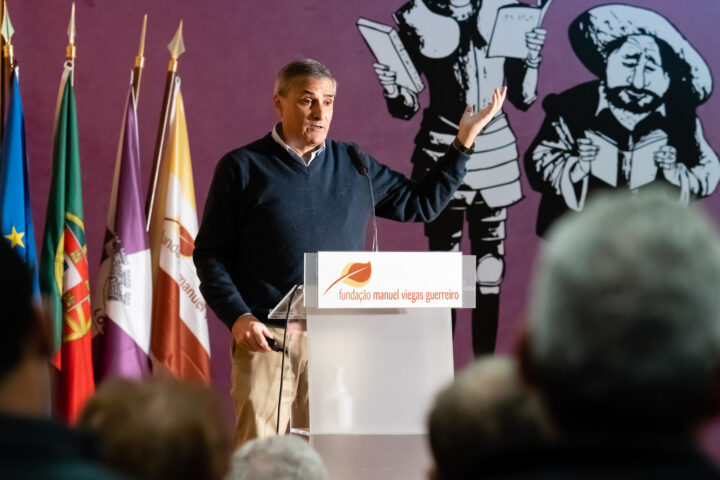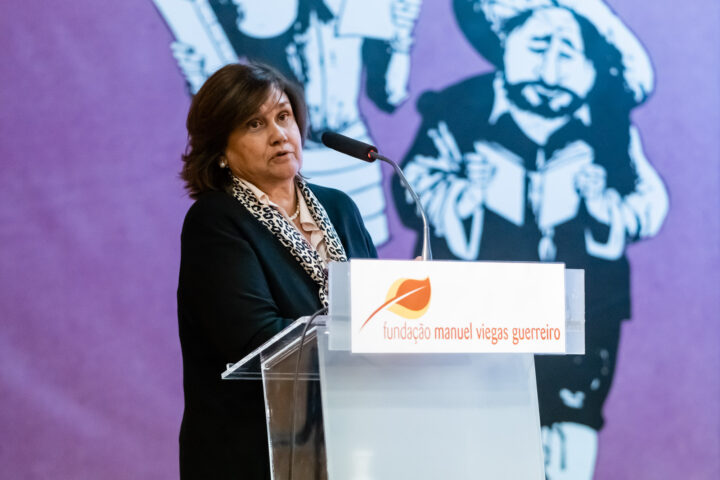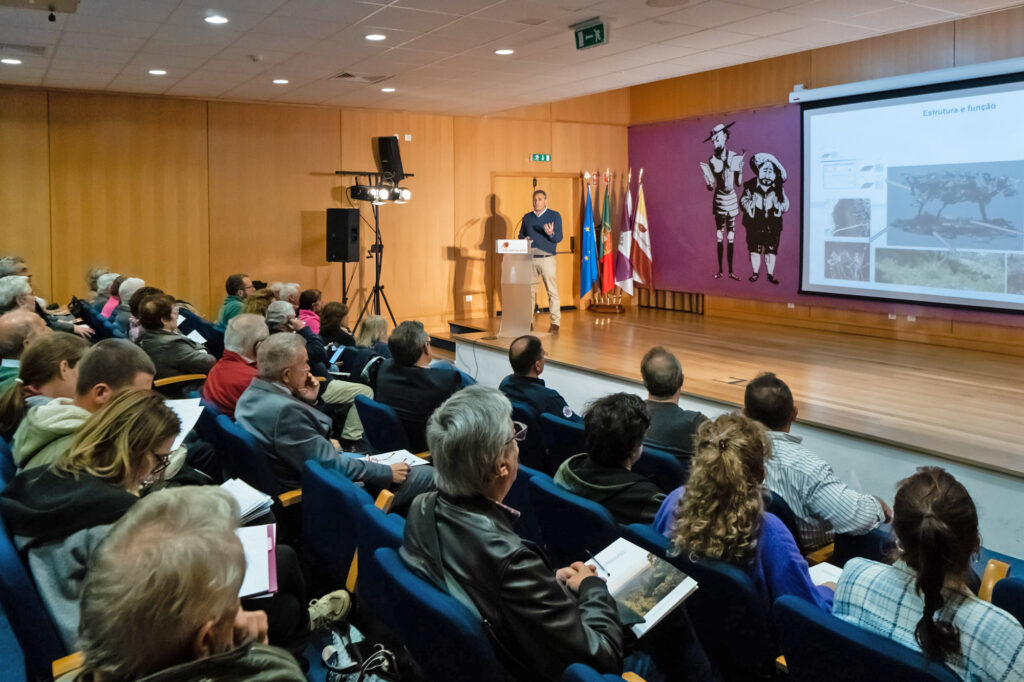What can be done to anticipate and solve environmental and socioeconomic problems, given the high pace of climate change? This was one of the many issues debated at the double event organized this Tuesday, November 22nd, by the Manuel Viegas Guerreiro Foundation and the Municipality of Loulé.
The initiative, which included two workshops, took place in Querença, in the Foundation's auditorium.

Nuno de Almeida Ribeiro, researcher at the Institute of Earth Sciences (ICT) and professor at the University of Évora, was one of the guests, having presented the theme “The challenges of adaptive management of Mediterranean forest and silvopastoral ecosystems in a context of climate change”.
From the specialist's point of view, in order to mitigate the effect of climate change, it is essential to develop a network based on scientific knowledge and advances in technology.
“We have to create synergies between academia, public bodies, associations of regional producers and actors on the ground and look at each part of the territory in particular, finding solutions based on expertise. Today, we are able to assess much more quickly than ever before, with the help of satellites and drones. If we combine technology with research, we can certainly implement more effective and appropriate solutions for each soil profile and anticipate future situations”, he guaranteed.

An idea supported by Teresa Soares David, a researcher at the National Institute of Agrarian and Veterinary Research (INIAV), who was also present at the event, where she promoted the workshop “Adaptation of forests to drought. The role of root systems in deep water uptake”.
“In order to adapt Mediterranean forests to drought, we need to know which characteristics each species naturally develops to survive in conditions of some water scarcity. And beyond that, we have to know the current climate reality and the projections for different scenarios. Only in this way can we perform in the best way, ”he explained.
According to some studies presented by the researcher, both the cork oak and the holm oak are species with a great and progressive capacity to adapt to drought, creating natural strategies to survive in more arid soils.
In the Algarve region, according to data from the National Forest Inventory, 2015 revision, these two species currently occupy 44% of the region's forest area (35% cork oak and 9% holm oak).
The carob tree and stone pine, which are quite present in the Algarve landscape, are also species that cope moderately well with water scarcity.
“If we want to manage the forest, we have to know how to plan, implement measures and monitor and evaluate them. But our management must always be seen as a continuous process of joint learning.”, concluded Teresa Soares David.
These two workshops took place within the scope of the project 'Valuation and Use of the Mediterranean Forest, the case of the Municipality of Loulé', resulting from a joint application between the Manuel Viegas Guerreiro Foundation and the Municipality of Loulé, under the Development Action Plan of Endogenous Resources (PADRE).
The session is available at Foundation YouTube channel.



















Comments